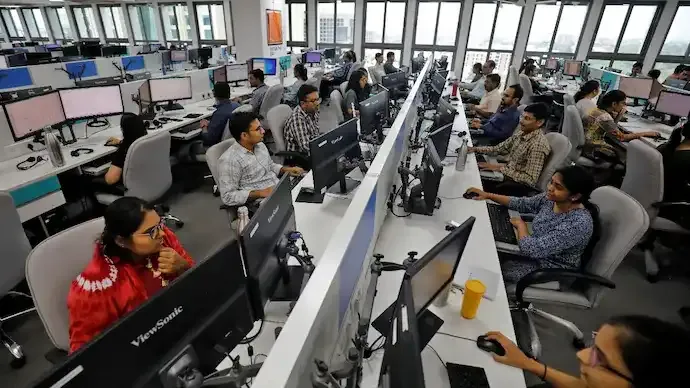Shopping cart
Your cart empty!
Terms of use dolor sit amet consectetur, adipisicing elit. Recusandae provident ullam aperiam quo ad non corrupti sit vel quam repellat ipsa quod sed, repellendus adipisci, ducimus ea modi odio assumenda.
Lorem ipsum dolor sit amet consectetur adipisicing elit. Sequi, cum esse possimus officiis amet ea voluptatibus libero! Dolorum assumenda esse, deserunt ipsum ad iusto! Praesentium error nobis tenetur at, quis nostrum facere excepturi architecto totam.
Lorem ipsum dolor sit amet consectetur adipisicing elit. Inventore, soluta alias eaque modi ipsum sint iusto fugiat vero velit rerum.
Sequi, cum esse possimus officiis amet ea voluptatibus libero! Dolorum assumenda esse, deserunt ipsum ad iusto! Praesentium error nobis tenetur at, quis nostrum facere excepturi architecto totam.
Lorem ipsum dolor sit amet consectetur adipisicing elit. Inventore, soluta alias eaque modi ipsum sint iusto fugiat vero velit rerum.
Dolor sit amet consectetur adipisicing elit. Sequi, cum esse possimus officiis amet ea voluptatibus libero! Dolorum assumenda esse, deserunt ipsum ad iusto! Praesentium error nobis tenetur at, quis nostrum facere excepturi architecto totam.
Lorem ipsum dolor sit amet consectetur adipisicing elit. Inventore, soluta alias eaque modi ipsum sint iusto fugiat vero velit rerum.
Sit amet consectetur adipisicing elit. Sequi, cum esse possimus officiis amet ea voluptatibus libero! Dolorum assumenda esse, deserunt ipsum ad iusto! Praesentium error nobis tenetur at, quis nostrum facere excepturi architecto totam.
Lorem ipsum dolor sit amet consectetur adipisicing elit. Inventore, soluta alias eaque modi ipsum sint iusto fugiat vero velit rerum.
Do you agree to our terms? Sign up

In a sudden move, the US Department of Homeland Security (DHS) has ended automatic extensions of Employment Authorisation Documents (EADs), effective from October 30, 2025 (US time). The rule change, announced without public notice, affects H-4 visa holders, F-1 students on OPT, and asylum seekers, forcing all to undergo fresh screening before renewal.
The shift reverses a key Biden-era policy and is expected to disproportionately impact Indian workers, who form the largest group of H-1B visa holders and international students in the United States.
The new policy applies to individuals whose work permits were previously eligible for automatic 180-day extensions while their renewal applications were processed. Under the revised rule, these applicants must now wait for approval before resuming work, creating potential gaps in employment.
This change particularly affects:
Spouses of H-1B visa holders (H-4) who contribute financially to their families.
F-1 students under Optional Practical Training (OPT) who depend on temporary employment post-graduation.
Asylum seekers with pending claims awaiting work authorisation.
Meanwhile, categories such as green card holders, H-1B principals, L-1 intracompany transferees, and O-1 extraordinary ability visa holders remain unaffected since they don’t require EADs.
India, which accounts for 71% of all approved H-1B visa holders, is expected to bear the brunt of this sudden change. According to US Immigration and Customs Enforcement (ICE) data, Indian students formed 27% of the total international student population in 2024 — numbering over 422,000 active enrollees.
The change could result in widespread employment interruptions, particularly for those awaiting OPT renewal approvals. Career disruptions may also impact STEM graduates who rely on OPT as a transition to long-term employment in the US.
The DHS stated that the move aims to enhance national security and prevent immigration fraud.
“Aliens who file to renew their EAD on or after October 30, 2025, will no longer receive an automatic extension,” DHS said in a statement.
“Ending automatic extensions ensures more frequent vetting and allows USCIS to detect potentially harmful intent or fraudulent activity.”
Officials further emphasized that “working in the US is a privilege, not a right.” The DHS urged all foreign workers to apply for EAD renewal at least 180 days before expiration to avoid employment lapses.
Each year, about 450,000 individuals apply for EAD extensions in the United States. Immigration attorneys warn that the new rule could clog processing systems, leaving thousands of legitimate workers temporarily unemployed while awaiting background checks.
As uncertainty looms, legal experts predict increased pressure on USCIS to manage the renewal backlog efficiently to prevent large-scale job disruptions among Indian tech professionals and international graduates.
14
Published: 20h ago